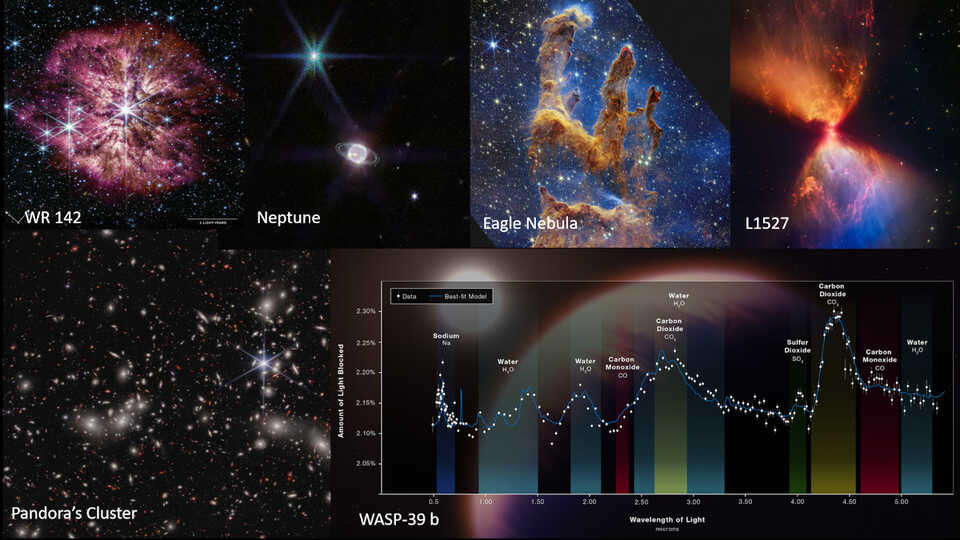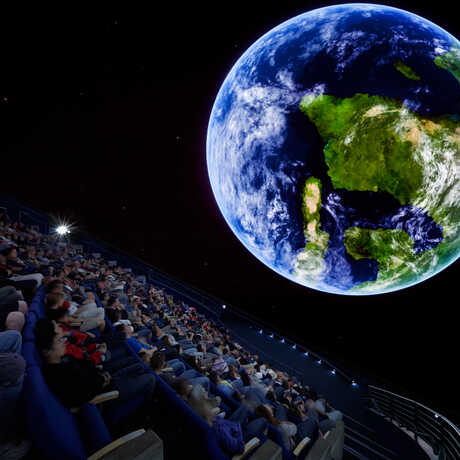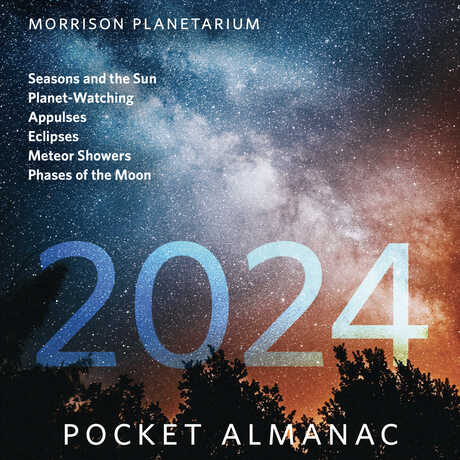Benjamin Dean Astronomy Lectures
How the James Webb Space Telescope is Transforming Astronomy

The James Webb Space Telescope has provided new views of objects near and far, from planets in our solar system to planets orbiting other stars to galaxies in the far reaches of the cosmos!
How the James Webb Space Telescope is Transforming Astronomy
Monday, July 17, 2023
7:30 pm, Morrison Planetarium
Featuring Dr. Stefanie Milam, NASA/Goddard Spaceflight Center
Since the first public release of images obtained with the James Webb Space Telescope in July 2022, this observatory has been pushing the current state of knowledge from the farthest reaches of the Universe to some of the closest objects we can observe in the Solar System. The detection of the first galaxies after the Big Bang was the driver for the massive space telescope—and although that goal remains the quest of many astronomers, JWST has also contributed to new understandings about extrasolar planets, star formation and evolution, and phenomena much closer to home.
We are now seeing the Universe, the Milky Way Galaxy, and the Solar System in a whole new light! This presentation will highlight some of the spectacular discoveries already being made with JWST in its first year of science.
About Stefanie Milam

Dr. Stefanie Milam is the JWST deputy project scientist for planetary science, where she has helped enable observations within our own solar system from Near-Earth Asteroids to the farthest reaches of the Kuiper Belt and even the brightest objects in the infrared sky—Mars, for example. Her expertise is in studies of comets with ground- and space-based telescopes to understand their connection to the formation and evolution of planetary systems. In 2021, she was honored with asteroid 40706 (1999 RO240) being renamed to 40706 Milam.
From outer space to Earth's inner core, explore the universe from Morrison Planetarium's 75-foot digital dome.

Download Morrison Planetarium's 2024 Pocket Almanac to stay up-to-date on eclipses, meteor showers, satellite spottings, and more.
